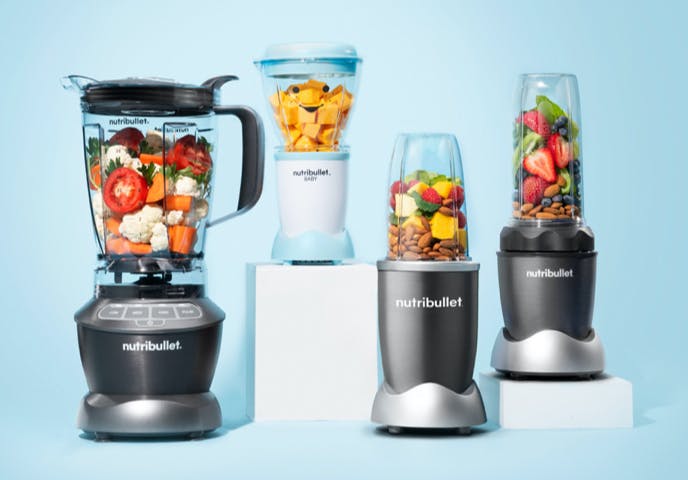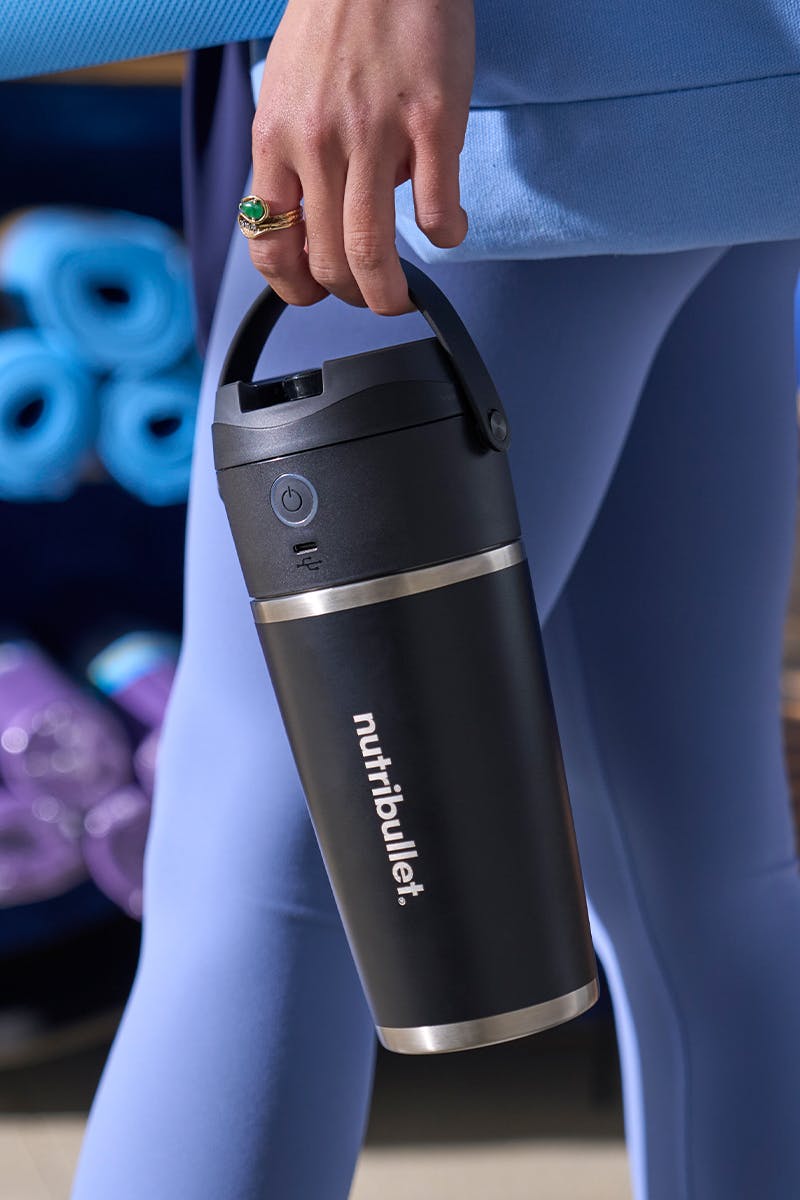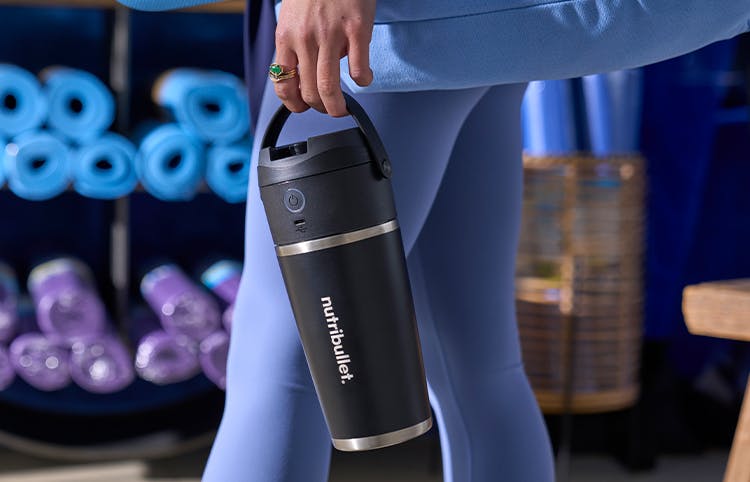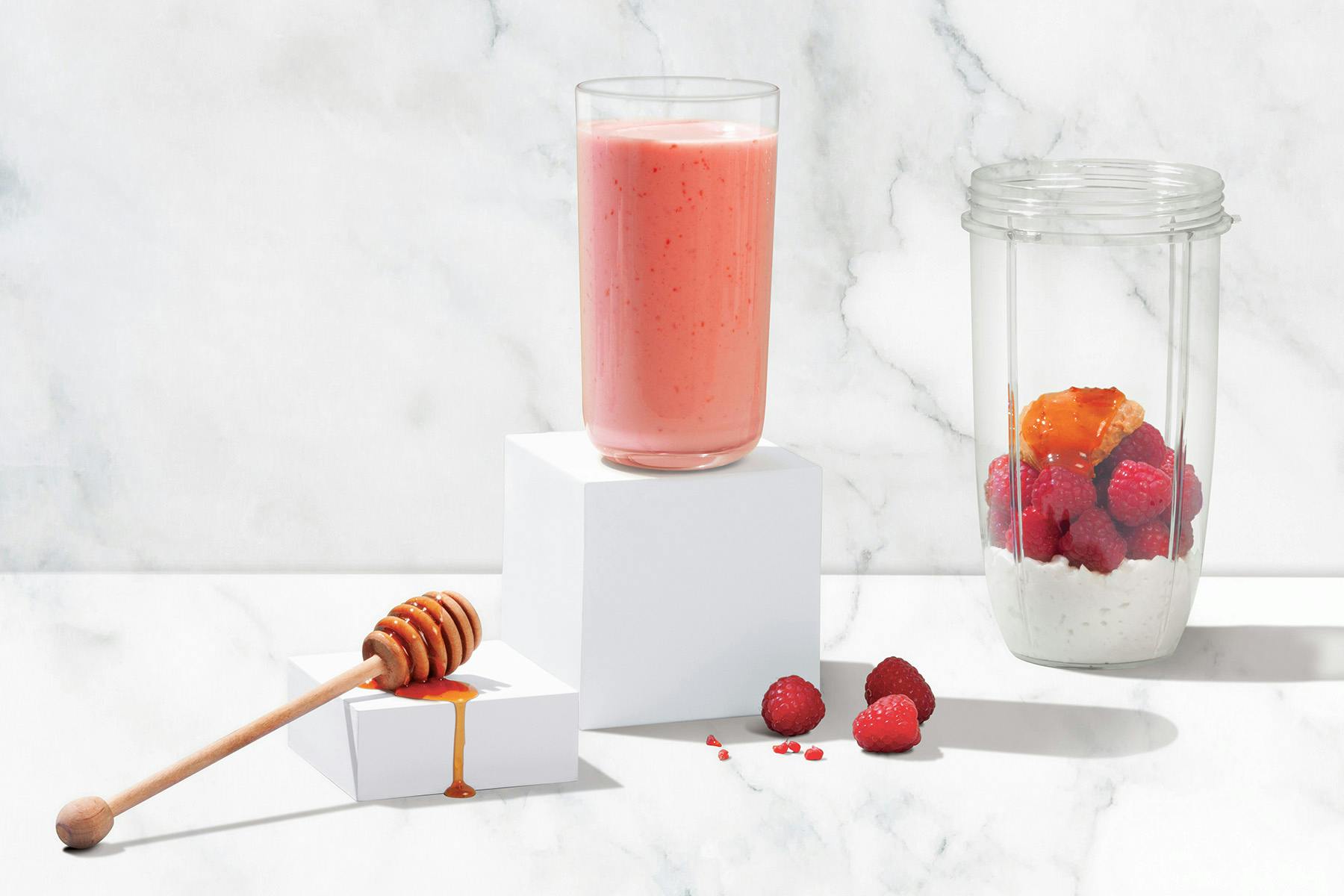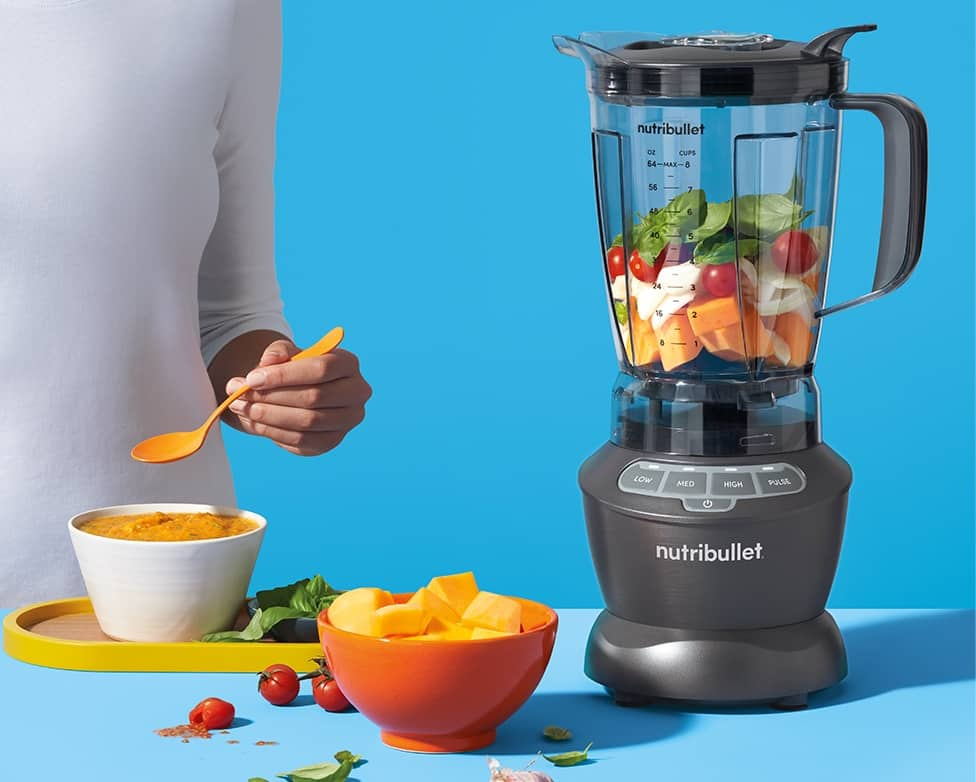Drinking moderate amounts of coffee has been linked to several health benefits including a lower risk of type 2 diabetes, Parkinson’s, and cardiovascular diseases.1-4 According to the latest USDA Dietary Guidelines for Americans 2020-2025, 400 milligrams of caffeine (about four to five cups) is recommended for moderate consumption.5 While drinking coffee can provide health benefits, making it at home can help you enjoy even more perks. Here are three of those benefits.
Better for the planet.
Looking for a way to live more sustainably? The simple act of making coffee at home with your favorite cup can help you do just that. According to the Environmental Protection Agency (EPA), Americans throw out 25 billion cups per year, which means “9.4 million trees were harvested just for cups” generating 363 million pounds of waste each year.6 Your cup of joe not only tastes great, but you’re also making sure one less piece of trash goes into the landfill each day.
Better for you.
Being able to customize your coffee and adding just the right amount of milk and sweetener can set you up for a great morning. For the average adult, no more than 50 grams of added sugar is recommended per day 5. However, some coffee shop drinks exceed this amount in just one drink. You can make a tastier Spiced Pumpkin Chai Latte blended to perfection in your own home, with less than half the sugar. And you can add your favorite plant-based milk without the upcharge.
Better for your wallet.
If you’re looking for a way to save some extra money, your daily coffee might be the answer. How much you can save depends on how much coffee you currently drink. According to one report, making coffee at home can save you about $154 a month, which is roughly $1,800 per year.7 Most places charge extra for specialty drinks and milk options, which can hike up the price even more. There is no doubt you can make delicious drinks at home for a fraction of the cost. Try the Iced Mint Latte or the Vanilla Bean Infused Iced Coffee. Your wallet and taste buds will thank you.
Whether it’s for the planet, your health, or your wallet, rest assured that you’ll be winning with the coffee you make at home.
References
- Muley A, Muley P, Shah M. Coffee to reduce risk of type 2 diabetes?: a systematic review. Curr Diabetes Rev. 2012 May;8(3):162-8. doi: 10.2174/157339912800564016. PMID: 22497654.
- Borota D, et al. Post-study caffeine administration enhances memory consolidation in humans. Nature Neuroscience. 2014;17; 201-203.
- Poole R, Kennedy OJ, Roderick P, Fallowfield JA, Hayes PC, Parkes J. Coffee consumption and health: umbrella review of meta-analyses of multiple health outcomes. BMJ. 2017;359:j5024.
- Nehlig A. Effects of coffee/caffeine on brain health and disease: What should I tell my patients? Practical Neurology. 2016 Apr;16(2):89-95
- U.S. Department of Agriculture and U.S. Department of Health and Human Services. Dietary Guidelines for Americans, 2020-2025. 9th Edition. December 2020. Available at DietaryGuidelines.gov.
- Barnhart, Heather. 2021. “Disposable Coffee Cup | The EPA Blog”. Blog.Epa.Gov. Accessed September 1. https://blog.epa.gov/tag/disposable-coffee-cup/.
- Still, Jennifer. 2019. “I Saved $154 In One Month By Making Coffee At Home Instead Of Buying It At Starbucks”. Business Insider. https://www.businessinsider.com/personal-finance/coffee-save-money-2019-5.










